
With such topics as hydrogen-powered cars and extinguishing fires with sound, the September issue of the BBC’s Science Focus magazine details "39 ideas about to change our world."
Here are six of the most impressive.

With such topics as hydrogen-powered cars and extinguishing fires with sound, the September issue of the BBC’s Science Focus magazine details "39 ideas about to change our world."
Here are six of the most impressive.
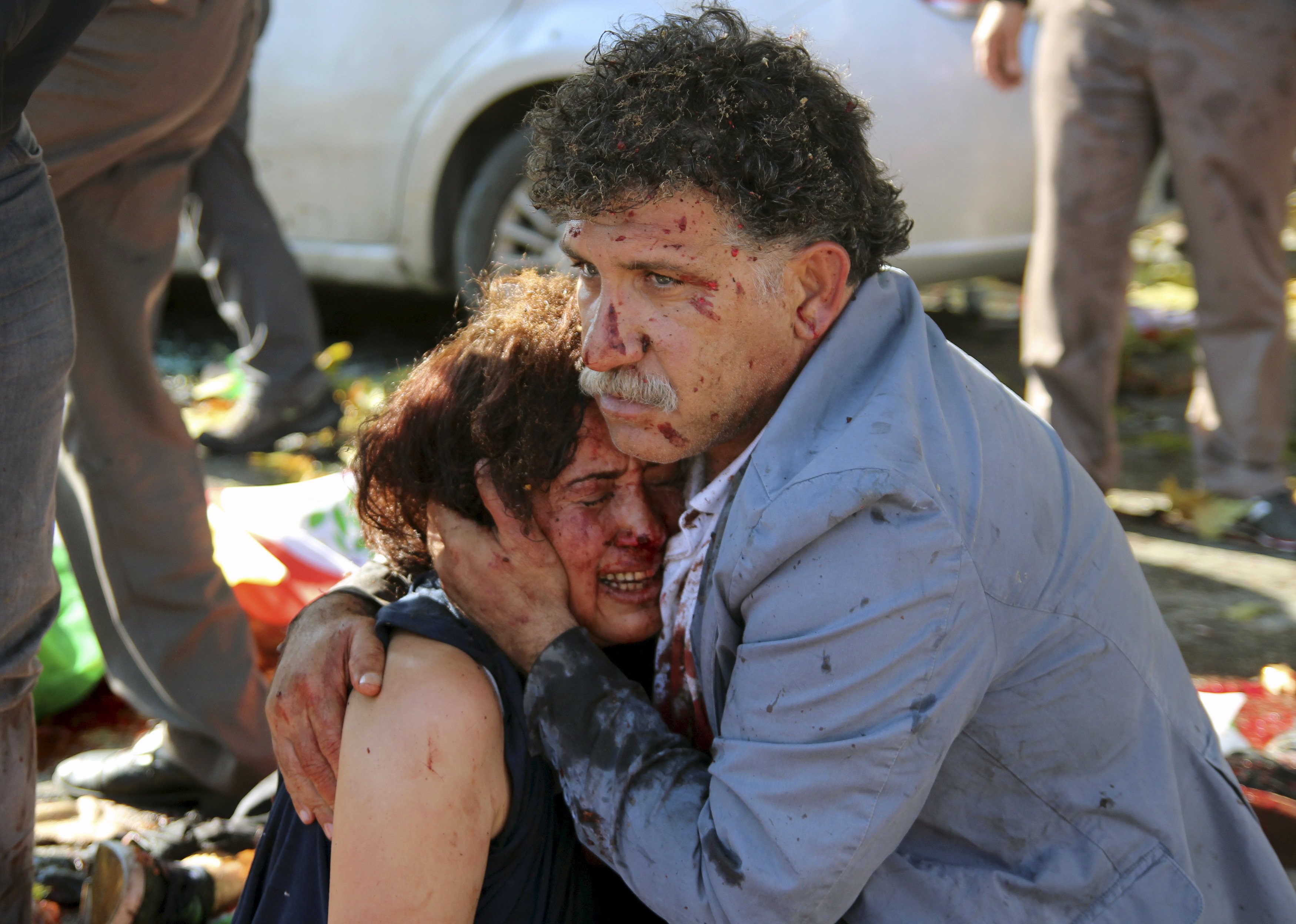
At least 86 people were killed and 186 wounded when twin explosions hit a rally of pro-Kurdish and leftist activists outside Ankara’s main train station on Saturday in what Turkish President Tayyip Erdogan called a terrorist attack, weeks ahead of an election.
A Reuters reporter saw bodies covered by flags and banners, including those of the pro-Kurdish opposition Peoples’ Democratic Party (HDP), with bloodstains and body parts scattered on the road.
"Like other terror attacks, the one at the Ankara train station targets our unity, togetherness, brotherhood and future," Erdogan said in a statement, calling for "solidarity and determination."
Witnesses said the two explosions happened seconds apart shortly after 10 a.m. as hundreds gathered for a planned march to protest over a conflict between Turkish security forces and Kurdish militants in the southeast.
Craig Courtice, thenational.ae
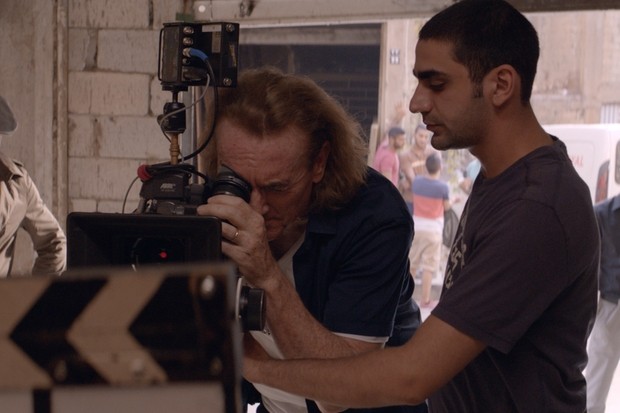
Arab filmmakers are embracing a new weapon to express their feelings about war: comedy.
In last year’s Emirati road-trip romp From A to B – which opened the Abu Dhabi Film Festival last November and has been playing at festivals around the world since its regional release at the start of this year – Dubai director Ali F Mostafa played an interrogation scene in Syria for laughs.
At this year’s Toronto International Film Festival, Moroccan auteur Hicham Lasri imagined in his film, Starve Your Dog, the humorous repercussions of a former minister of the interior spilling all his torturous secrets to an angry, conflicted film crew.
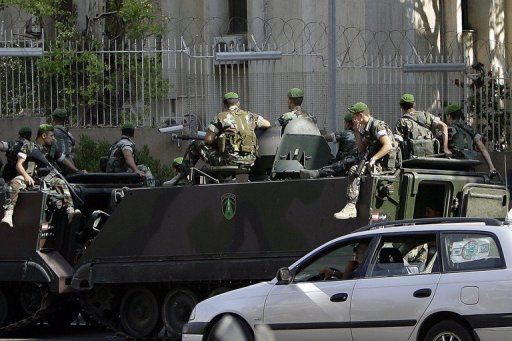
Tripoli, Lebanon – Coupled alongside immense posters of Syrian President Bashar al-Assad and Syrian government flags, the faces of young men who died during violent clashes line the bullet-pocked walls of the Jabal Mohsen neighbourhood in this coastal city.
For years, Tripoli has endured periodic bloodshed between Jabal Mohsen’s Alawite residents and their neighbours downhill in the predominantly Sunni area of Bab al-Tabbaneh in Tripoli.
Young men from both neighbourhoods have journeyed to Syria to take up arms. Yet, like in Tripoli, they find themselves on opposite sides of Syria’s battlefield, with fighters from Jabal Mohsen joining the Syrian army or militias loyal to the Syrian government, which is controlled by Assad’s Alawite sect.
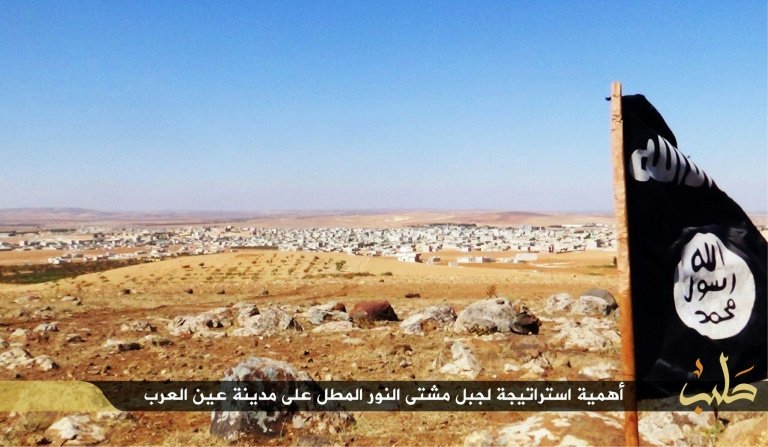
Herve Bar and Fran Blandy, AFP
Paris (AFP) – Whether fluttering over the ruins of a captured city in Iraq or Syria, or in the background of gruesome execution videos, the black flag used by the Islamic State group has become an instantly recognisable symbol of modern global jihad.
Along with its slick Hollywood-style propaganda videos, experts say IS has harnessed bygone apocalyptic prophecies and Islamic symbols to carve out a brand even more potent than Al-Qaeda at the height of its notoriety.
The black standard has become so recognisable that "in the public’s mind, any Muslim militant who waves a ‘black flag’ is ISIS," said William McCants, author of "The ISIS Apocalypse", which uses an alternative name for the group.
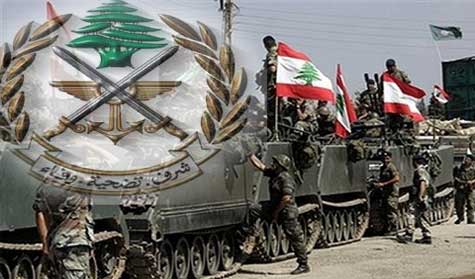
BEIRUT (Reuters) – The United States is providing the Lebanese army with a consignment of laser-guided artillery shells in an $8.6 million arms package intended to help Lebanon defend against cross-border incursions from Syria, the U.S. embassy said on Friday.
The package, which includes 50 Hellfire air-to-surface missiles and 560 artillery rounds including the "precision munitions", will boost the Lebanese army’s ability "to secure Lebanon’s borders against violent extremists," it said in a statement.
Lebanon, which is still rebuilding after its own 15-year civil war, has seen clashes between gunmen loyal to opposing sides in the Syrian conflict, as well as strikes on the army and cross-border attacks by Syrian rebels.
Lebanese protesters are sprayed with water during a protest in Martyr square, Downtown Beirut, Lebanon October 8, 2015. Lebanese security forces fired a water cannon at scores of anti-government protesters on Thursday, Reuters witnesses said. The crowd chanted "the people want the fall of the regime" as riot police surrounded them in downtown […]
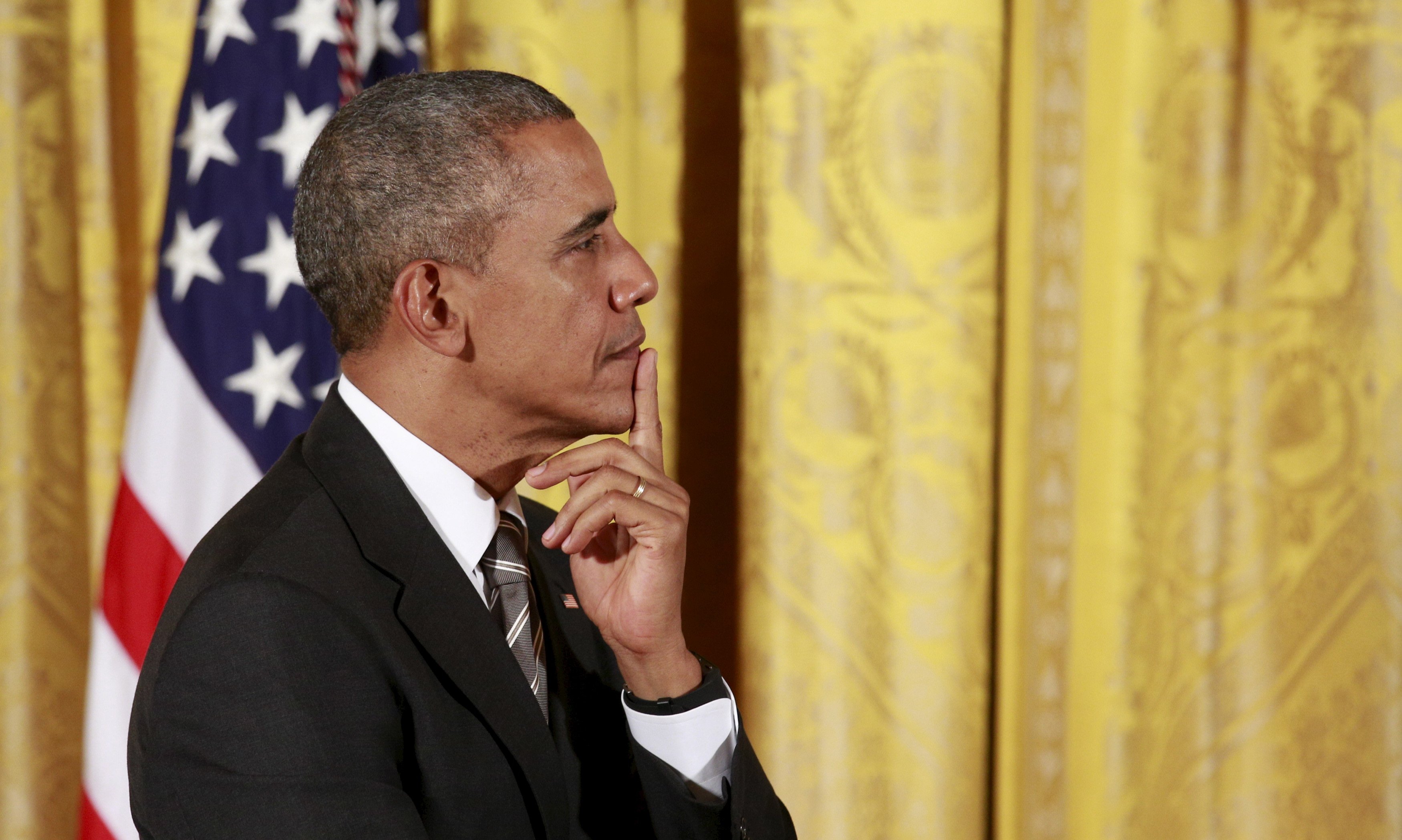
President Barack Obama’s stance of calling on Syrian President Bashar Assad to transition out of power while maintaining basic government functions after he’s ousted is a "fantasy" in the context of how the country works, according to Tony Badran, a researcher at the Foundation for the Defense of Democracies.
"The biggest myth out there is the existence of ‘state institutions’ separate from Assad," Badran said in an interview.
"The reality is, once you concede the regime, you inevitably concede Assad."
Months after the Syrian civil war erupted in 2011, Obama called for Assad to step down to hasten an end to the violence.
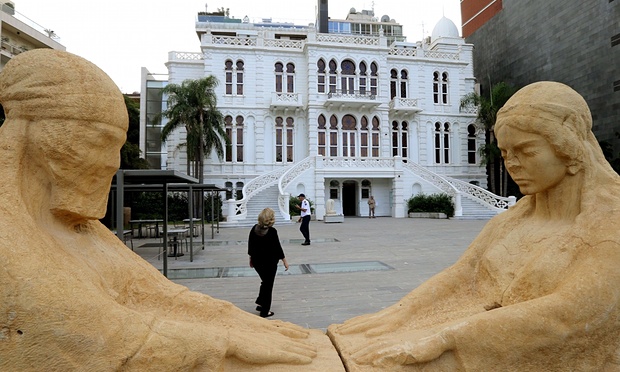
The Lebanese civil war, which began in 1975 and ended in 1990, claimed an estimated 150,000 lives, left 200,000 wounded and displaced almost a million civilians. It also ravaged visual arts in the country, cutting the capital, Beirut, in two, destroying entire archives and driving many artists into exile. The art scene still hasn’t fully recovered. It will get a much-needed boost this month, however, when Beirut’s historic Sursock Museum reopens after a seven-year renovation.
The Sursock mansion, completed in 1912, is an ornate, white wedding cake of a building, at the top of a hill in the capital’s swanky Achrafieh neighbourhood. Combining Venetian and Ottoman architectural styles, the building is a melange of influences, much like Beirut. Originally the residence of aristocratic art-lover Nicolas Sursock, it was bequeathed to the city on his death in 1952. President Camille Chamoun subsequently used it as a showpiece in which to host visiting dignitaries.
Lebanon’s parliament speaker cancelled the last day of this week’s meeting aimed at discussing ways out of a political crisis after politicians made no progress on issues including high-level security appointments, the National News Agency said.
The three-day “national dialogue” called by Nabih Berri started on Tuesday and was aimed at finding solutions to a stalemate that has paralysed government and helped fuel weeks of street protests.The talks were set to run into Thursday but Berri postponed the next session until Oct. 26.